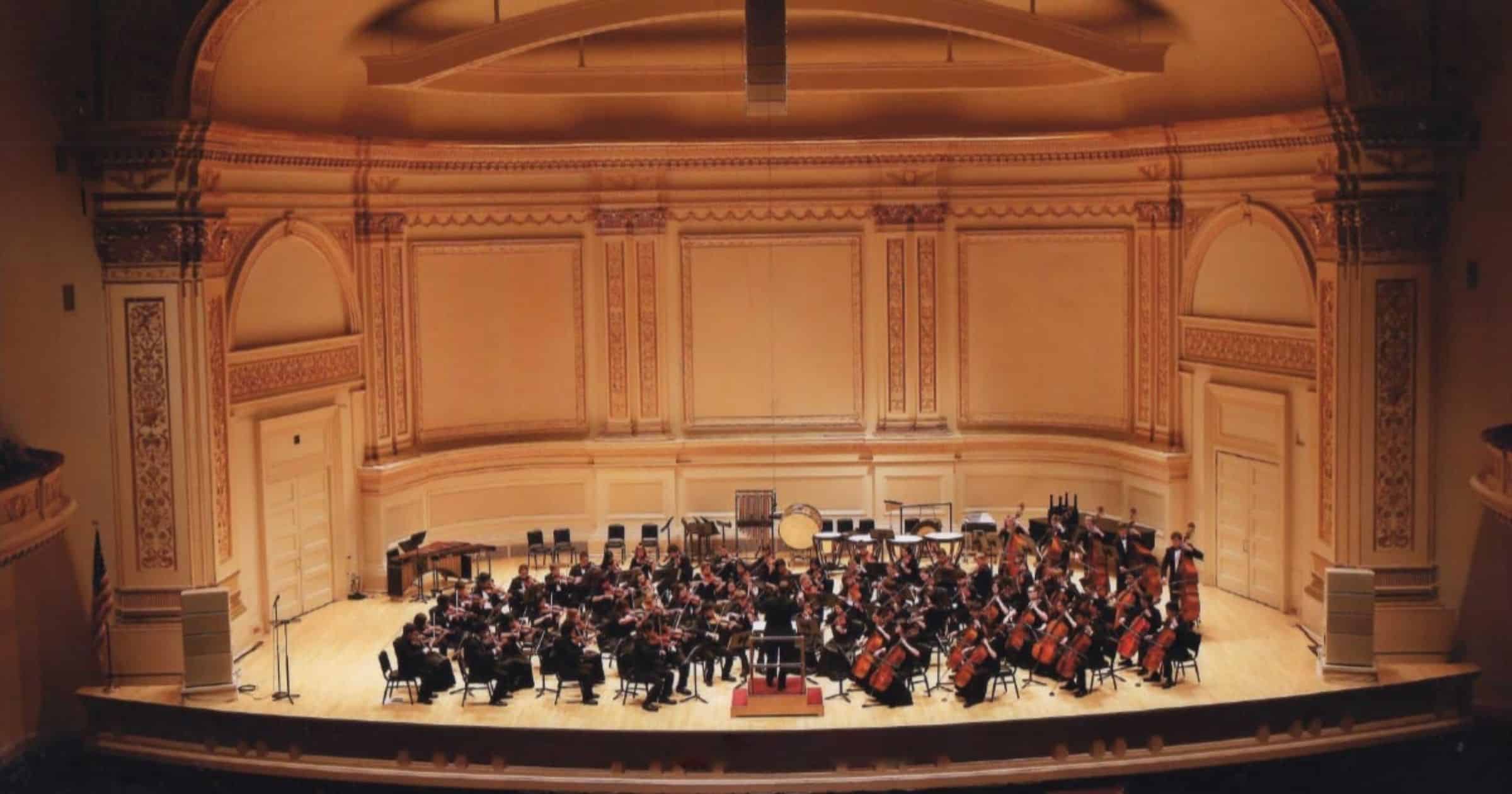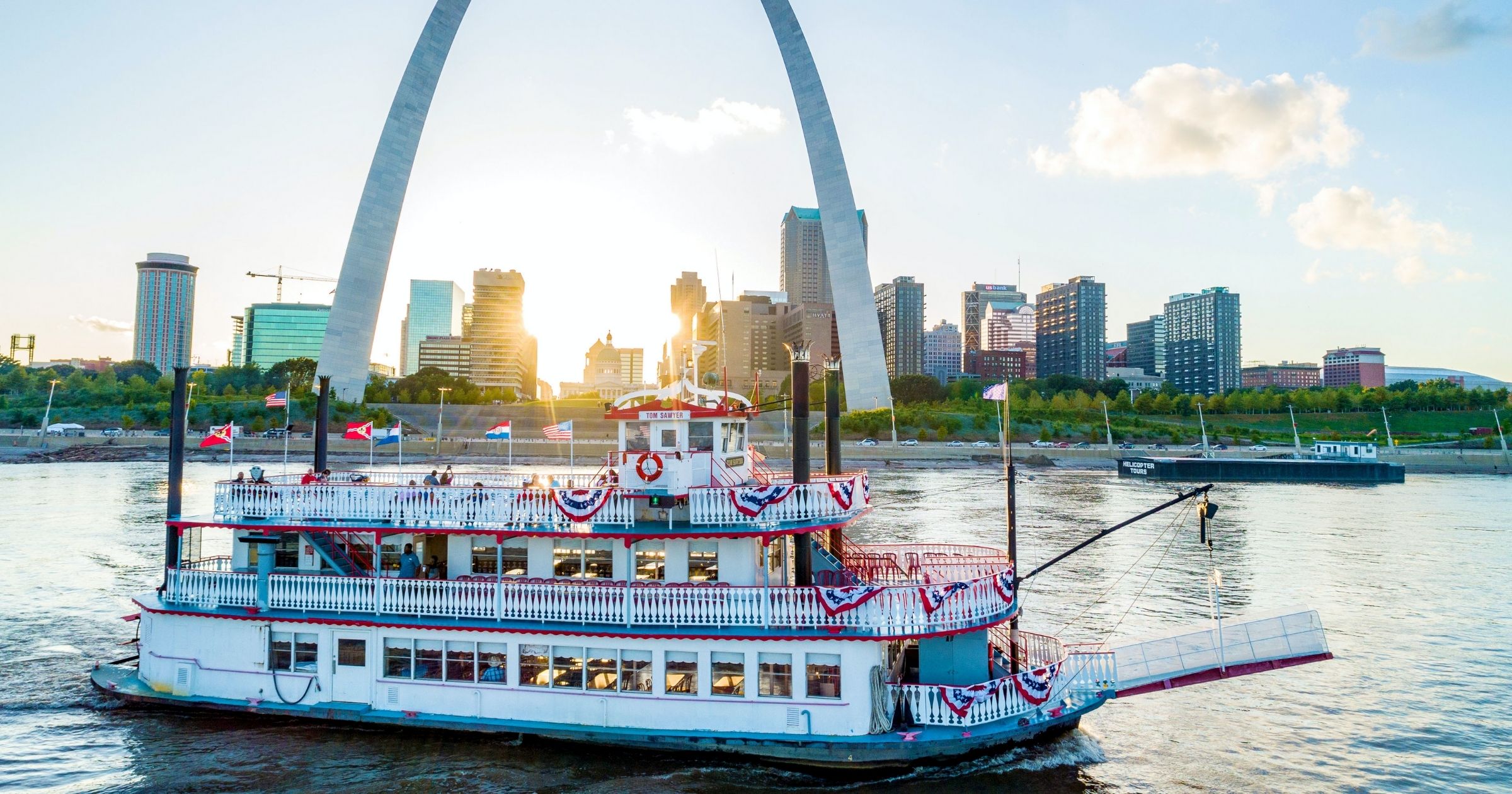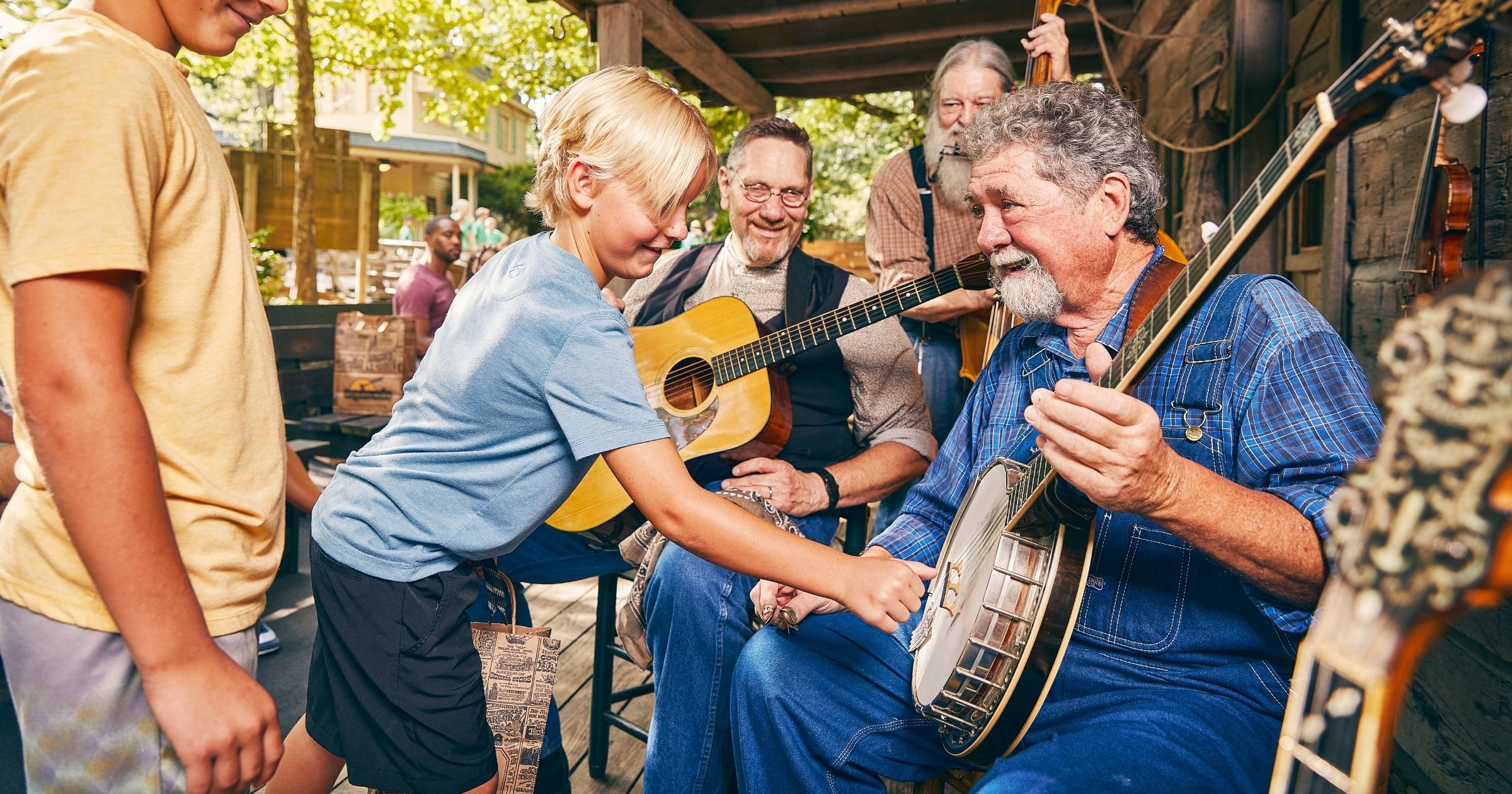No group visit to Massachusetts is complete without a trip to Salem, Massachusetts. This city by the sea, 16 miles north of Boston, has many stories to share; colonial, maritime, literary, and architectural, but what sets Salem apart is one of the most important events in American history… the Salem witch trials of 1692, and there is no better place for students of all ages to learn that history, than at the Salem Witch Museum.
The mission of the Museum is to be the voice of the innocent victims of the Salem witch hunt of 1692 while also bringing awareness to the root cause of witch-hunts and how they continue to impact our society today. Two presentations help illuminate the factors behind the terrible events of 1692. The first is audiovisual and presents an overview of the events of that tragic year, when in the brutal winter of 1692, a group of young girls showed symptoms of bewitchment, and their accusations of who might be bewitching them, created a panic which spread throughout Salem and the north of Boston region like wildfire. In six months over 450 people were accused of making a pact with the devil, 19 hanged and one pressed to death. Students are given a history lesson, and their history books come to life as they view this presentation.
The second exhibit is a staff-guided tour which focuses on the European witch trials of the early modern era, and how the image of the witch has changed and evolved throughout history and into the modern-day. Witch-hunts began in Europe in the fifteenth century and continued well into the eighteenth century. During this time, shifts in religious thought, evolving superstitions, and general legal and social changes combined with a period of particular fear and tension due to massive outbreaks of disease, major religious wars, economic shifts, and irregular weather patterns. This dangerous mixture led to centuries of witch-hunts across Europe and its colonies, resulting in the deaths of at least 45,000 (though the exact number remains unknown). This exhibit considers how and why witch trials began, where they were the most intense, how the stereotypical image of a witch emerged in popular memory, and what the word “Witch” means in the modern-day.
The pop-culture use of the stereotypical witch is illustrated through Hollywood movie posters in a small exhibit looking at movies from the 50’s to the present as many of our visitors reminisce about the movies they’ve seen. The Museum’s website offers a variety of lectures and virtual programming, as well as a very thoroughly researched 1692 sites tour. Students working on history day projects, or who are colonial history enthusiasts will find a wealth of information on this site.
In the springtime, a new festival called Salem Ancestry Weekend highlights Salem’s generations of settlers, and ethnicities. The Salem Witch Museum offers a virtual event annually for this festival and information can be found on the Museum’s website.
The Museum store offers an extensive collection of books on the trials as well as items made by local artists. Halloween enthusiast love the store in the fall as the store is stocked with items for the home as well as with unique local items as well as gifts from Harry Potter to Hocus Pocus.
Salem is truly a city you can visit year-round. Spend a day or a weekend in Salem. The memories of this visit will resonate with teachers and their students for many years to come. Contact your local tour operator to book your next visit to this infamous city by the sea, or call Merry Ward at the Salem Witch Museum, 978.744.1692, for information on how to make the Museum part of your next field trip.
Visit www.SalemWitchMuseum.com for more information.




